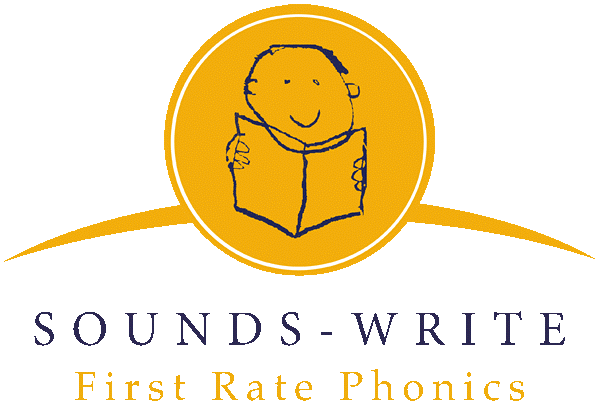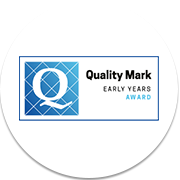Early Reading and Phonics

The teaching of phonics at Whinney Banks Primary School follows the teaching sequence set out in the Sounds-Write phonics programme. Sounds-Write is a DFE approved, quality first phonics programme that provides an instructional method that is a structured, multi-sensory, incremental and a co-ordinated approach to teaching children to read, write and spell.
At Whinney Banks, Sounds-Write is introduced in Foundation Stage and continues throughout Key Stage 1. In Key Stage 2, the programme continues to support reading, writing and spelling, with a particular focus on polysyllabic words and more complex spellings.
During phonics lessons children are taught the following key concepts and skills:
Conceptual Knowledge
1. Letters are symbols (spellings) that represent sounds.
2. A sound may be spelled with 1, 2, 3 or 4 letters.
3. The same sounds can be spelled in more than one way.
4. Many spellings can represent more than one sound
Skills
Blending – the ability to hear the individual sounds in a word, put the sounds together and say the word that is made.
Segmenting – the ability to break a word down into its individual sounds to help pupils learn how to write it out.
Phoneme Manipulation – is the ability to modify, change or move the individual sounds in a word.
Phonics lessons are delivered to whole classes with scaffolds and adaptions for those children needing extra support. Each phonics session focuses on recapping previous knowledge, teaching new knowledge and provides opportunity to apply knowledge through dictated sentences or reading in text.
Making a strong start
Teaching early reading begins with our youngest learners in nursery, where we lay the foundations for future reading skills. To ensure children are ready to begin their Sounds-Write learning from week one of Reception we:
- Prioritise high quality opportunities for adult-child interaction and communication;
- Immerse children in a story rich curriculum, developing a love for stories;
- Practise speaking and listening skills, including oral blending;
- Provide children with activities to develop their visual and auditory memory.
Assessment and progress
Children are assessed throughout every phonics lesson and teachers respond by adapting teaching in the moment to address the individual needs of learners. Children are also assessed regularly using a tool called Phonics Tracker and this enables staff to monitor children’s progress closely. This assessment helps teachers identify children who require extra support and bespoke top-up intervention sessions are planned accordingly and reviewed regularly. Intervention sessions aim to help children keep-up or catch-up with age-related skills and knowledge.
Expert team of teachers
At Whinney Banks, we have an Early Reading and Phonics Lead to help ensure high-quality, consistent teaching of phonics across school. Having a dedicated leader ensures we deliver phonics with fidelity to the Sounds-Write scheme, where children seamlessly progress their learning from EYFS to Y6.
All staff in school have completed an extensive training course in the delivery of Sounds-Write. The Early Reading and Phonics Lead delivers weekly CPD through team teaching, modelled lessons or interventions, one to one coaching or whole staff workshops. Using an Assess, Practice, Coach model for staff development means staff are confident in their teaching and our children receive a consistent approach to teaching reading, writing and spelling.
Home reading
Once children know enough letter sounds and they are able to blend sounds together to spell a word, they will begin to take home Sounds-Write or Dandelion books home each week. Books are chosen by their teacher to reflect their current sound knowledge so that children can practise applying their knowledge in their reading. Children will read the same book each day for one week to provide them with opportunity to re-read the book each day. Repeated reading helps children develop their reading fluency and confidence as a reader.
Alongside their phonics book, children will also take home a reading for pleasure book. This book is chosen by the child based on their own interests as a reader. This book will not be de-codable, so will need to be shared and enjoyed with help from an adult.










